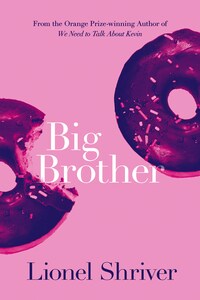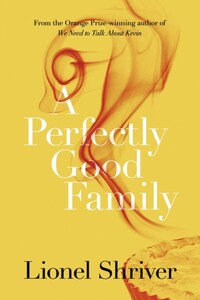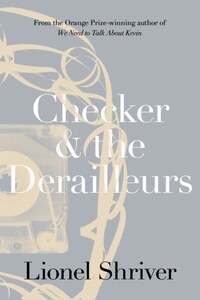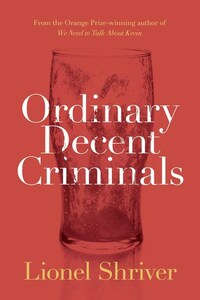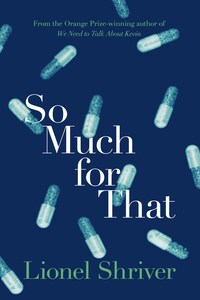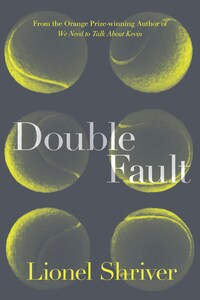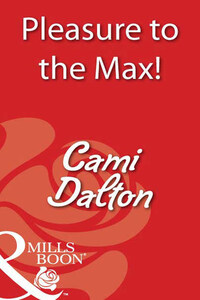The Borough Press
An imprint of HarperCollinsPublishers
1 London Bridge Street
London SE1 9GF
www.harpercollins.co.uk
First published by HarperCollinsPublishers 2013
Copyright © Lionel Shriver 2013
Cover design by Stuart Bache © HarperCollinsPublishers Ltd 2017
Cover photographs © Shutterstock.com
Lionel Shriver asserts the moral right to be identified as the author of this work.
A catalogue record for this book is available from the British Library.
This novel is entirely a work of fiction. The names, characters and incidents portrayed in it are the work of the author’s imagination. Any resemblance to actual persons, living or dead, events or localities is entirely coincidental.
All rights reserved under International and Pan-American Copyright Conventions. By payment of the required fees, you have been granted the non-exclusive, non-transferable right to access and read the text of this e-book on screen. No part of this text may be reproduced, transmitted, down-loaded, decompiled, reverse engineered, or stored in or introduced into any information storage and retrieval system, in any form or by any means, whether electronic or mechanical, now known or hereinafter invented, without the express written permission of HarperCollins.
Source ISBN: 9780007271108
Ebook Edition © 2014 ISBN: 9780007481651
Version: 2017-04-06
I have to wonder whether any of the true highlights of my fortysome years have had to do with food. I don’t mean celebratory dinners, good fellowship; I mean salivation, mastication, and peristalsis. Oddly, for something I do every day, I can’t remember many meals in detail, while it is far easier for me to call up favorite movies, faithful friendships, graduations. It follows, then, that film, affinity, and education are more important to me than stuffing my face. Well done, me, you say. But were I honestly to total the time I have lavished on menu planning, grocery shopping, prep and cooking, table setting, and kitchen cleanup for meal upon meal, food, one way or another, has dwarfed my fondness for Places in the Heart to an incidental footnote; ditto my fondness for any human being, even those whom I profess to love. I have spent less time thinking about my husband than thinking about lunch. Throw in the time I have also spent ruing indulgence in lemon meringue pies, vowing to skip breakfast tomorrow, and opening the refrigerator/stopping myself from dispatching the leftover pumpkin custard/then shutting it firmly again, and I seem to have concerned myself with little else but food.
So why, if, by inference, eating has been so embarrassingly central for me, can I not remember an eidetic sequence of stellar meals?
Like most people, I recall childhood favorites most vividly, and like most kids I liked plain things: toast, baking-powder biscuits, saltines. My palate broadened in adulthood, but my character did not. I am white rice. I have always existed to set off more exciting fare. I was a foil as a girl. I am a foil now.
I doubt this mitigates my discomfiture much, but I have some small excuse for having overemphasized the mechanical matter of sustenance. For eleven years, I ran a catering business. You would think, then, that I could at least recall individual victories at Breadbasket, Inc. Well, not exactly. Aside from academics at the university, who are more adventurous, Iowans are conservative eaters, and I can certainly summon a monotonous assembly line of carrot cake, lasagna, and sour-cream cornbread. But the only dishes that I recollect in high relief are the disasters—the Indian rosewater pudding thickened with rice flour that turned into a stringy, viscous vat suitable for affixing wallpaper. The rest—the salmon steaks rolled around somethingorother, the stir-fries of thisandthat with an accent of whathaveyou—it’s all a blur.
Patience; I am rounding on something. I propose: food is by nature elusive. More concept than substance, food is the idea of satisfaction, far more powerful than satisfaction itself, which is why diet can exert the sway of religion or political zealotry. Not irresistible tastiness but the very failure of food to reward is what drives us to eat more of it. The most sumptuous experience of ingestion is in-between: remembering the last bite and looking forward to the next one. The actual eating part almost doesn’t happen. This near-total inability to deliver is what makes the pleasures of the table so tantalizing, and also so dangerous.
